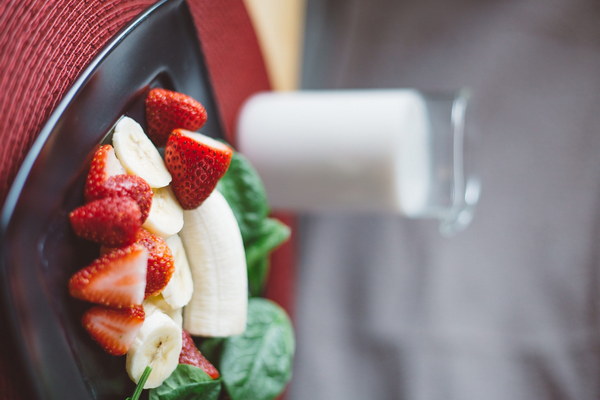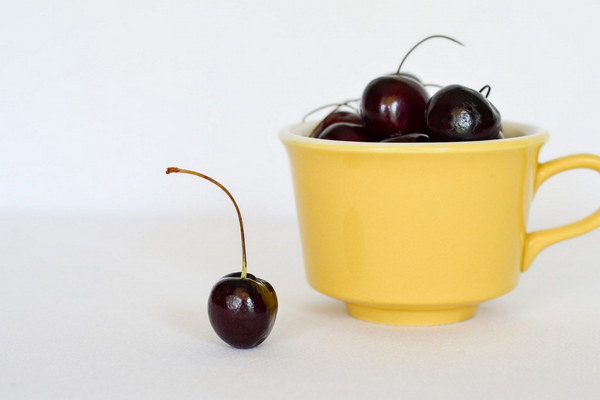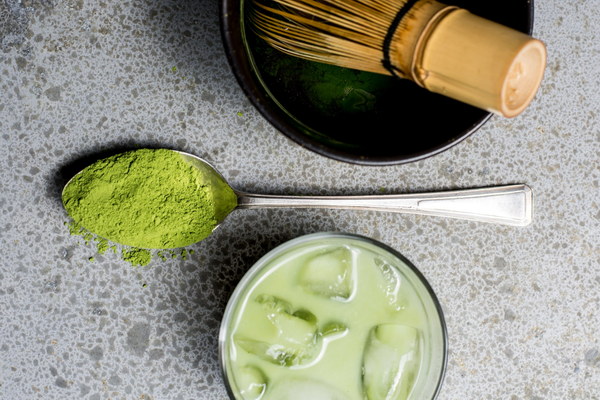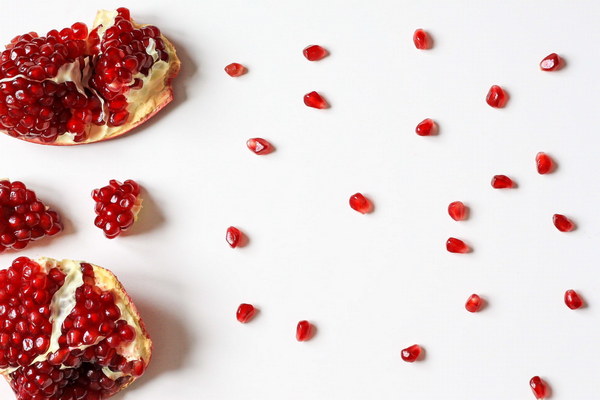Are Beauty Treatments Harmful to Your Skin
In today's beauty-obsessed world, it seems like everyone is constantly seeking the latest and greatest skin care treatments to achieve that perfect complexion. However, many people are left wondering: Are beauty treatments harmful to your skin? This article aims to delve into this question and provide you with the necessary information to make an informed decision about your skin care routine.
Firstly, it's important to understand that not all beauty treatments are created equal. Some treatments are designed to nourish and rejuvenate your skin, while others can potentially cause harm. The key lies in choosing the right treatments and using them responsibly.
One of the most common concerns regarding beauty treatments is the use of harsh chemicals. Many skin care products contain ingredients like alcohol, sulfates, and parabens, which can strip the skin of its natural oils and lead to irritation, dryness, and even allergic reactions. Additionally, these chemicals can disrupt the skin's pH balance, making it more susceptible to infections and other skin issues.
Another potential risk factor is over-exfoliation. Exfoliation is a crucial step in removing dead skin cells and promoting cell turnover, but overdoing it can lead to skin damage. The skin has a delicate balance of enzymes and proteins that regulate cell turnover, and when this balance is disrupted, it can result in redness, inflammation, and even hyperpigmentation.
In addition to chemical ingredients and over-exfoliation, some beauty treatments can be physically damaging to the skin. For example, laser treatments, intense pulsed light (IPL), and chemical peels are all effective at reducing wrinkles and improving skin texture, but they can also cause burns, scarring, and discoloration if not performed by a qualified professional.
On the flip side, there are numerous beauty treatments that can be beneficial for your skin. For instance, dermal fillers and Botox can temporarily smooth out wrinkles and reduce the appearance of fine lines, while microdermabrasion can gently remove the top layer of skin to reveal a brighter, more radiant complexion.
To minimize the risks associated with beauty treatments, it's essential to follow these guidelines:
1. Choose products and treatments that are suitable for your skin type and concerns. For example, if you have sensitive skin, opt for gentle, non-irritating ingredients.
2. Always perform a patch test before using a new product or treatment. This can help you determine whether you are allergic to any ingredients.
3. Be cautious when it comes to over-exfoliating. Stick to a maximum of once or twice a week, and use a gentle exfoliant like a chemical peel or enzyme exfoliant.
4. Consult with a qualified professional before undergoing any invasive treatments. A dermatologist or esthetician can provide personalized advice and ensure that the treatment is performed safely.
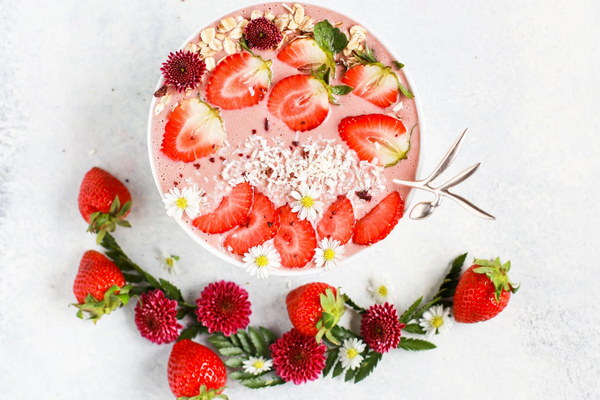
5. Be patient and realistic about the results you can expect. While some treatments can provide immediate results, others may take several weeks or months to see improvement.
In conclusion, the question of whether beauty treatments are harmful to your skin depends on the specific products and treatments you choose, as well as how you use them. By being informed and responsible, you can enjoy the benefits of beauty treatments without compromising your skin's health. Remember to prioritize safety, quality, and professionalism when selecting your skin care routine, and always consult with a professional if you have any doubts or concerns.
